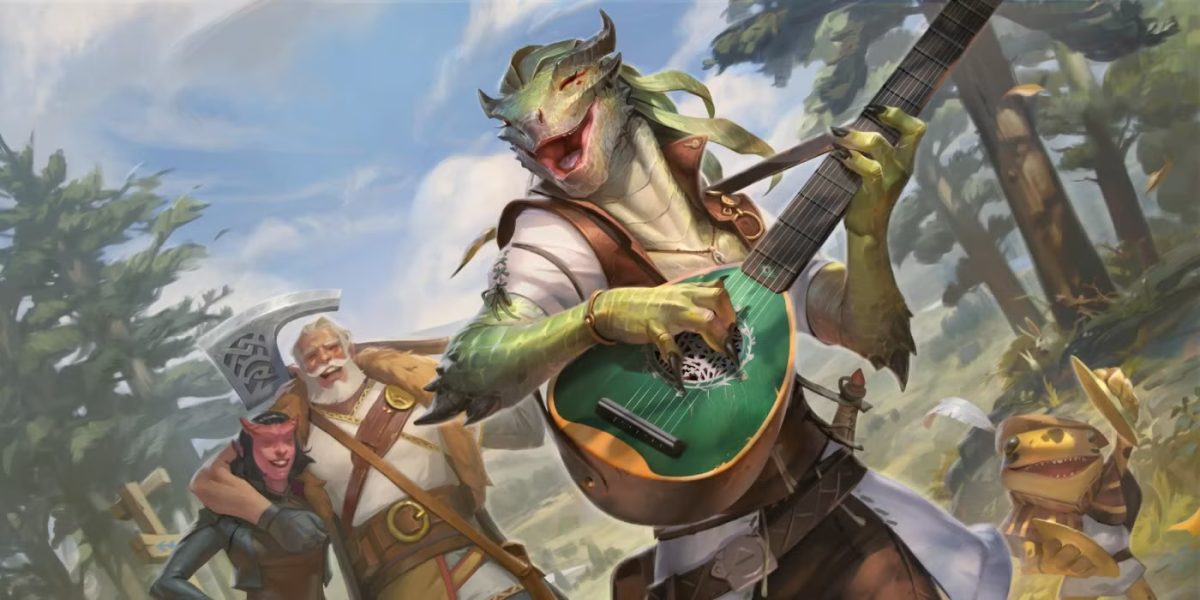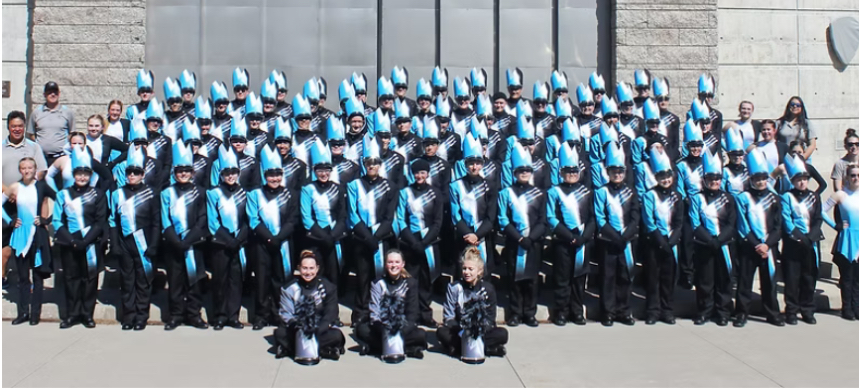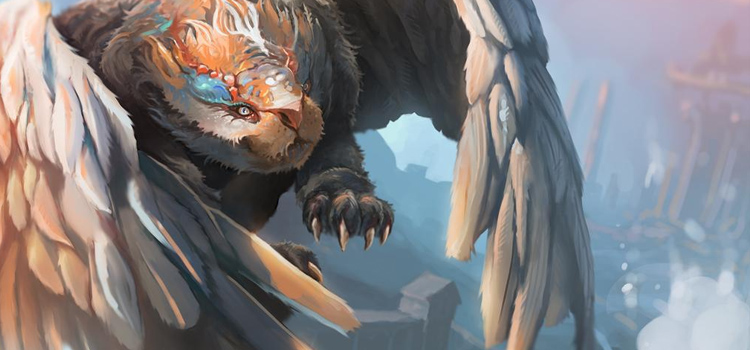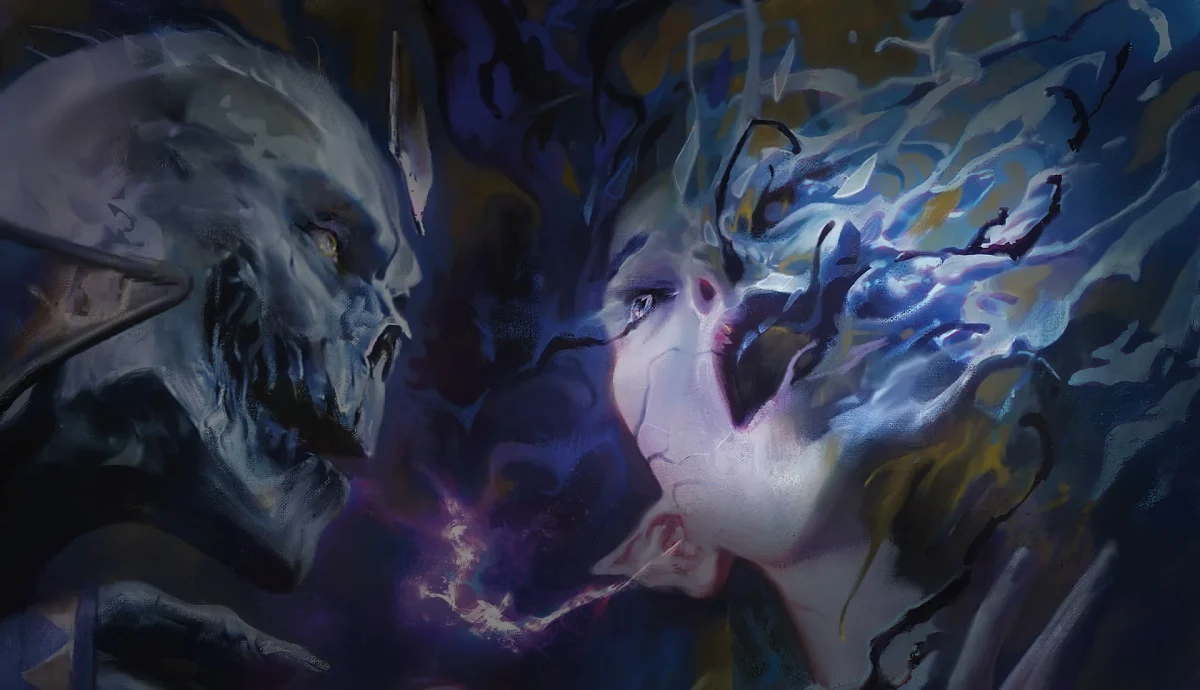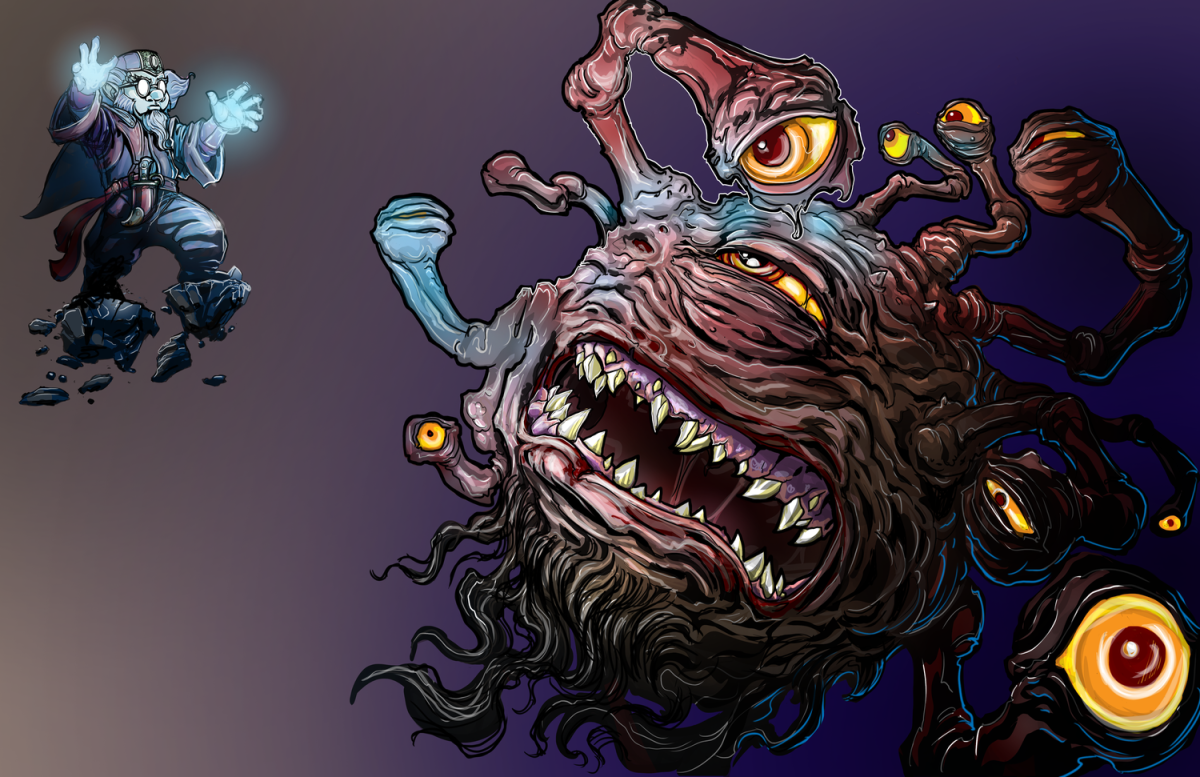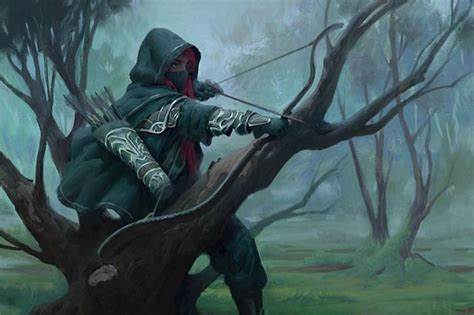In Dungeons & Dragons 5th Edition (D&D 5E), the Bard is a charismatic, versatile character who uses music, speech, and magic to inspire allies, deceive foes, and control the battlefield. Known for their flexibility, Bards are adept at supporting their teammates while remaining effective in combat and social situations. Whether you’re new to D&D or looking to expand your skills, this guide will walk you through creating and playing a Bard in D&D 5E.
What is a Bard in D&D 5E?
Bards are a full spellcasting class that excels in social encounters, support roles, and versatile combat. While traditionally known as musicians or performers, Bards in D&D can take on a range of roles—from the charming face of the party to the strategic battlefield controller. They can heal, damage, buff, and control the flow of encounters, making them one of the most adaptable classes in the game.
Bards draw their magic from the power of creativity, often using songs, poetry, or storytelling. They are Charisma-based spellcasters, and their spells are typically geared toward enchantments, illusions, and support.
Step-by-Step Guide to Creating a Bard
1. Choose Your Bardic College
At 3rd level, Bards choose a Bardic College, which acts as their subclass. Each college offers unique abilities and helps define your Bard’s role. Popular options include:
- College of Lore: A versatile choice for players who want to lean into the Bard’s strengths as a jack-of-all-trades. Lore Bards gain extra skills, additional spells, and Cutting Words, which allows them to debuff enemies.
- College of Valor: Perfect for Bards who want to engage in melee combat. Valor Bards gain proficiency with martial weapons, shields, and medium armor, plus they can grant extra attacks and damage to allies with Combat Inspiration.
- College of Glamour (Xanathar’s Guide to Everything): This college focuses on charm and enchantment, with abilities that help control crowds and manipulate enemies. Glamour Bards are excellent at social encounters and crowd control.
- College of Swords (Xanathar’s Guide to Everything): A great choice for Bards who want to excel in melee or ranged combat, College of Swords Bards can use their bardic inspiration to enhance their weapon strikes.
- College of Whispers (Xanathar’s Guide to Everything): This dark, sinister Bard subclass grants psychic powers and abilities that help you infiltrate and deceive. Whispers Bards are perfect for intrigue-heavy campaigns.
Each Bardic College gives you unique features, so think about the type of Bard you want to play when making your choice.
2. Choose a Race
Bards rely on Charisma for their spellcasting and Dexterity for armor class and weapon skills, so choosing a race that boosts these stats is ideal.
- Half-Elf: With bonuses to Charisma and two other ability scores, Half-Elves make excellent Bards. They also get extra skills, making them even more versatile.
- Tiefling: The Charisma bonus fits perfectly, and Tieflings gain some spell-like abilities that complement the Bard’s magical repertoire.
- Lightfoot Halfling: Charismatic and stealthy, Lightfoot Halflings are a good choice for Bards who want to focus on finesse and charm.
- Variant Human: As always, the Variant Human’s bonus feat and extra skill make it an incredibly flexible and strong choice for any class, including Bard.
Consider your character’s background and playstyle when choosing a race; Bards can succeed with nearly any race, so choose one that fits your character concept.
3. Ability Scores and Skills
Charisma is the Bard’s most important ability score since it powers your spellcasting and Bardic Inspiration. Dexterity is your secondary priority, improving your armor class and attack rolls. Constitution is also valuable, as it boosts your hit points and concentration saves.
A good ability score priority for a Bard is:
- Charisma (spellcasting, social skills, and Bardic Inspiration)
- Dexterity (armor class and attack rolls)
- Constitution (durability in combat)
- Wisdom (for perception and insight)
Bards also excel at skills. With high Charisma, a Bard is naturally gifted in Persuasion, Deception, and Performance, making them the party’s face. Bards also receive the Jack of All Trades feature at 2nd level, which gives them half their proficiency bonus on all skills they aren’t proficient in. This makes Bards skilled at nearly everything!
For skills, you’ll want to prioritize:
- Persuasion: Essential for social interactions and negotiations.
- Deception: Useful for lying, disguising, and infiltration.
- Perception: Good for noticing details in your environment and detecting danger.
- Performance: Not strictly necessary for every Bard, but great for role-playing and entertaining.
4. Bardic Inspiration
One of the Bard’s core abilities, Bardic Inspiration, allows you to boost the abilities of your allies. As a bonus action, you can grant a creature within 60 feet a die (initially a d6) that they can add to an ability check, attack roll, or saving throw. Your Bardic Inspiration die increases as you level up, making this ability even more powerful over time.
Use Bardic Inspiration strategically to help allies succeed on difficult rolls or clutch attacks. You regain all uses of Bardic Inspiration after a short or long rest, so use it liberally!
5. Spellcasting
Bards have access to a versatile spell list focused on enchantment and illusion. While they aren’t as offensive as Wizards or Sorcerers, they excel at control, support, and utility spells.
Key Bard Spells:
- Cantrips: Vicious Mockery (deals psychic damage and gives disadvantage on the target’s next attack), Minor Illusion (for trickery and distractions), Mage Hand (utility).
- 1st-level Spells: Healing Word (quick, ranged healing), Faerie Fire (reveals invisible creatures and grants advantage on attacks), Dissonant Whispers (psychic damage and forces a creature to run away), Charm Person(great for social encounters).
- 2nd-level Spells: Suggestion (influences creatures to follow a reasonable request), Mirror Image (defensive), Shatter (area damage).
- 3rd-level Spells: Hypnotic Pattern (crowd control), Dispel Magic (utility), Fear (crowd control), Bestow Curse(debuff).
Bards also have the Magical Secrets feature, which lets them learn spells from other classes at higher levels. This allows you to choose powerful spells like Counterspell, Fireball, or Shield, adding a new level of versatility to your character.
Playing Your Bard
1. Role-Playing Your Bard
Bards are often charismatic and persuasive, making them natural leaders, diplomats, or tricksters. Consider why your Bard has taken up a life of adventure. Are they a performer seeking fame and fortune? A storyteller on a quest for inspiration? A spy or infiltrator?
Your Bardic College should also influence your role-playing:
- College of Lore Bards may have a scholarly background, always eager to learn new secrets or tell tales.
- College of Valor Bards are heroic and courageous, inspiring others on the battlefield.
- College of Glamour Bards draw on the magic of the fey, making them mysterious and enchanting.
Bards are adaptable in personality as well as skill, so lean into the versatility of the class and make your character uniquely yours.
2. Combat Strategy
In combat, Bards can support allies, debuff enemies, and even deal damage, depending on their spell selection and subclass. Here are some general strategies:
- Support Allies: Use Healing Word to pick up fallen allies, or Faerie Fire to grant advantage to the party’s attacks.
- Control the Battlefield: Spells like Hypnotic Pattern, Fear, and Hold Person can take multiple enemies out of the fight.
- Debuff Enemies: Vicious Mockery and Cutting Words (Lore Bard feature) can reduce enemy damage output.
- Damage: Bards aren’t typically damage-focused, but they can still use Dissonant Whispers, Shatter, and other spells to contribute.
Bards are also skilled at concentration spells, so don’t be afraid to use spells that last multiple rounds. Position yourself carefully, as you’ll often need to be near your allies to use Bardic Inspiration and other abilities.
3. Out of Combat
Bards shine in social situations, and their high Charisma and skills make them ideal for interacting with NPCs, persuading, deceiving, or intimidating as needed. Use Jack of All Trades to fill in any gaps in the party’s skills, from sneaking to investigation, and your spells for utility and information-gathering.
Conclusion
The Bard is a powerful and adaptable class that rewards creativity, strategy, and charisma. From combat to conversation, Bards can inspire, charm, and deceive their way to success, making them valuable assets to any party. Whether you’re a seasoned player or a newcomer, the Bard offers endless possibilities for role-playing, combat tactics, and creative problem-solving
n Dungeons & Dragons 5th Edition (D&D 5E), the Bard is a charismatic, versatile character who uses music, speech, and magic to inspire allies, deceive foes, and control the battlefield. Known for their flexibility, Bards are adept at supporting their teammates while remaining effective in combat and social situations. Whether you’re new to D&D or looking to expand your skills, this guide will walk you through creating and playing a Bard in D&D 5E.
What is a Bard in D&D 5E?
Bards are a full spellcasting class that excels in social encounters, support roles, and versatile combat. While traditionally known as musicians or performers, Bards in D&D can take on a range of roles—from the charming face of the party to the strategic battlefield controller. They can heal, damage, buff, and control the flow of encounters, making them one of the most adaptable classes in the game.
Bards draw their magic from the power of creativity, often using songs, poetry, or storytelling. They are Charisma-based spellcasters, and their spells are typically geared toward enchantments, illusions, and support.
Step-by-Step Guide to Creating a Bard
1. Choose Your Bardic College
At 3rd level, Bards choose a Bardic College, which acts as their subclass. Each college offers unique abilities and helps define your Bard’s role. Popular options include:
- College of Lore: A versatile choice for players who want to lean into the Bard’s strengths as a jack-of-all-trades. Lore Bards gain extra skills, additional spells, and Cutting Words, which allows them to debuff enemies.
- College of Valor: Perfect for Bards who want to engage in melee combat. Valor Bards gain proficiency with martial weapons, shields, and medium armor, plus they can grant extra attacks and damage to allies with Combat Inspiration.
- College of Glamour (Xanathar’s Guide to Everything): This college focuses on charm and enchantment, with abilities that help control crowds and manipulate enemies. Glamour Bards are excellent at social encounters and crowd control.
- College of Swords (Xanathar’s Guide to Everything): A great choice for Bards who want to excel in melee or ranged combat, College of Swords Bards can use their bardic inspiration to enhance their weapon strikes.
- College of Whispers (Xanathar’s Guide to Everything): This dark, sinister Bard subclass grants psychic powers and abilities that help you infiltrate and deceive. Whispers Bards are perfect for intrigue-heavy campaigns.
Each Bardic College gives you unique features, so think about the type of Bard you want to play when making your choice.
2. Choose a Race
Bards rely on Charisma for their spellcasting and Dexterity for armor class and weapon skills, so choosing a race that boosts these stats is ideal.
- Half-Elf: With bonuses to Charisma and two other ability scores, Half-Elves make excellent Bards. They also get extra skills, making them even more versatile.
- Tiefling: The Charisma bonus fits perfectly, and Tieflings gain some spell-like abilities that complement the Bard’s magical repertoire.
- Lightfoot Halfling: Charismatic and stealthy, Lightfoot Halflings are a good choice for Bards who want to focus on finesse and charm.
- Variant Human: As always, the Variant Human’s bonus feat and extra skill make it an incredibly flexible and strong choice for any class, including Bard.
Consider your character’s background and playstyle when choosing a race; Bards can succeed with nearly any race, so choose one that fits your character concept.
3. Ability Scores and Skills
Charisma is the Bard’s most important ability score since it powers your spellcasting and Bardic Inspiration. Dexterity is your secondary priority, improving your armor class and attack rolls. Constitution is also valuable, as it boosts your hit points and concentration saves.
A good ability score priority for a Bard is:
- Charisma (spellcasting, social skills, and Bardic Inspiration)
- Dexterity (armor class and attack rolls)
- Constitution (durability in combat)
- Wisdom (for perception and insight)
Bards also excel at skills. With high Charisma, a Bard is naturally gifted in Persuasion, Deception, and Performance, making them the party’s face. Bards also receive the Jack of All Trades feature at 2nd level, which gives them half their proficiency bonus on all skills they aren’t proficient in. This makes Bards skilled at nearly everything!
For skills, you’ll want to prioritize:
- Persuasion: Essential for social interactions and negotiations.
- Deception: Useful for lying, disguising, and infiltration.
- Perception: Good for noticing details in your environment and detecting danger.
- Performance: Not strictly necessary for every Bard, but great for role-playing and entertaining.
4. Bardic Inspiration
One of the Bard’s core abilities, Bardic Inspiration, allows you to boost the abilities of your allies. As a bonus action, you can grant a creature within 60 feet a die (initially a d6) that they can add to an ability check, attack roll, or saving throw. Your Bardic Inspiration die increases as you level up, making this ability even more powerful over time.
Use Bardic Inspiration strategically to help allies succeed on difficult rolls or clutch attacks. You regain all uses of Bardic Inspiration after a short or long rest, so use it liberally!
5. Spellcasting
Bards have access to a versatile spell list focused on enchantment and illusion. While they aren’t as offensive as Wizards or Sorcerers, they excel at control, support, and utility spells.
Key Bard Spells:
- Cantrips: Vicious Mockery (deals psychic damage and gives disadvantage on the target’s next attack), Minor Illusion (for trickery and distractions), Mage Hand (utility).
- 1st-level Spells: Healing Word (quick, ranged healing), Faerie Fire (reveals invisible creatures and grants advantage on attacks), Dissonant Whispers (psychic damage and forces a creature to run away), Charm Person(great for social encounters).
- 2nd-level Spells: Suggestion (influences creatures to follow a reasonable request), Mirror Image (defensive), Shatter (area damage).
- 3rd-level Spells: Hypnotic Pattern (crowd control), Dispel Magic (utility), Fear (crowd control), Bestow Curse(debuff).
Bards also have the Magical Secrets feature, which lets them learn spells from other classes at higher levels. This allows you to choose powerful spells like Counterspell, Fireball, or Shield, adding a new level of versatility to your character.
Playing Your Bard
1. Role-Playing Your Bard
Bards are often charismatic and persuasive, making them natural leaders, diplomats, or tricksters. Consider why your Bard has taken up a life of adventure. Are they a performer seeking fame and fortune? A storyteller on a quest for inspiration? A spy or infiltrator?
Your Bardic College should also influence your role-playing:
- College of Lore Bards may have a scholarly background, always eager to learn new secrets or tell tales.
- College of Valor Bards are heroic and courageous, inspiring others on the battlefield.
- College of Glamour Bards draw on the magic of the fey, making them mysterious and enchanting.
Bards are adaptable in personality as well as skill, so lean into the versatility of the class and make your character uniquely yours.
2. Combat Strategy
In combat, Bards can support allies, debuff enemies, and even deal damage, depending on their spell selection and subclass. Here are some general strategies:
- Support Allies: Use Healing Word to pick up fallen allies, or Faerie Fire to grant advantage to the party’s attacks.
- Control the Battlefield: Spells like Hypnotic Pattern, Fear, and Hold Person can take multiple enemies out of the fight.
- Debuff Enemies: Vicious Mockery and Cutting Words (Lore Bard feature) can reduce enemy damage output.
- Damage: Bards aren’t typically damage-focused, but they can still use Dissonant Whispers, Shatter, and other spells to contribute.
Bards are also skilled at concentration spells, so don’t be afraid to use spells that last multiple rounds. Position yourself carefully, as you’ll often need to be near your allies to use Bardic Inspiration and other abilities.
3. Out of Combat
Bards shine in social situations, and their high Charisma and skills make them ideal for interacting with NPCs, persuading, deceiving, or intimidating as needed. Use Jack of All Trades to fill in any gaps in the party’s skills, from sneaking to investigation, and your spells for utility and information-gathering.
Conclusion
The Bard is a powerful and adaptable class that rewards creativity, strategy, and charisma. From combat to conversation, Bards can inspire, charm, and deceive their way to success, making them valuable assets to any party. Whether you’re a seasoned player or a newcomer, the Bard offers endless possibilities for role-playing, combat tactics, and creative problem-solving

